This New York Times–bestselling book upends conventional thinking about autism and suggests a broader model for acceptance, understanding, and full participation in society for people who think differently.
“Beautifully told, humanizing, important.”—The New York Times Book Review
“Breathtaking.”—The Boston Globe
“Epic and often shocking.”—Chicago Tribune
WINNER OF THE SAMUEL JOHNSON PRIZE FOR NONFICTION AND THE CALIFORNIA BOOK AWARD
What is autism? A lifelong disability, or a naturally occurring form of cognitive difference akin to certain forms of genius? In truth, it is all of these things and more—and the future of our society depends on our understanding it. Wired reporter Steve Silberman unearths the secret history of autism, long suppressed by the same clinicians who became famous for discovering it, and finds surprising answers to the crucial question of why the number of diagnoses has soared in recent years. Going back to the earliest days of autism research, Silberman offers a gripping narrative of Leo Kanner and Hans Asperger, the research pioneers who defined the scope of autism in profoundly different ways; he then goes on to explore the game-changing concept of neurodiversity. NeuroTribes considers the idea that neurological differences such as autism, dyslexia, and ADHD are not errors of nature or products of the toxic modern world, but the result of natural variations in the human genome. This groundbreaking bookwill reshape our understanding of the history, meaning, function, and implications of neurodiversity in our world.


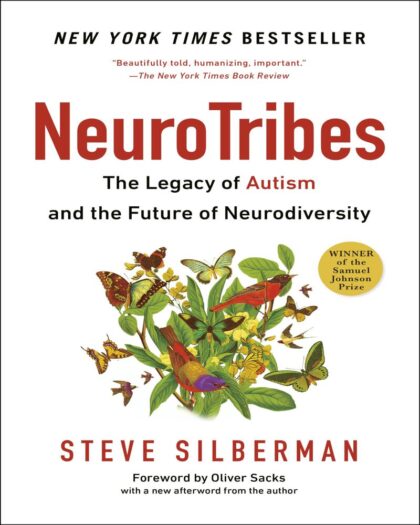
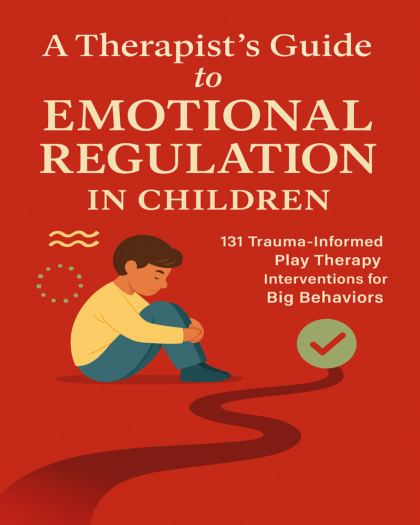



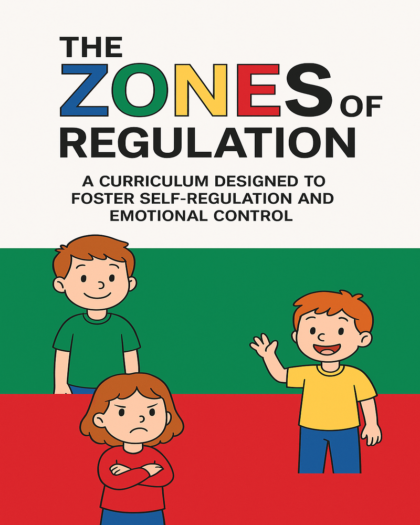
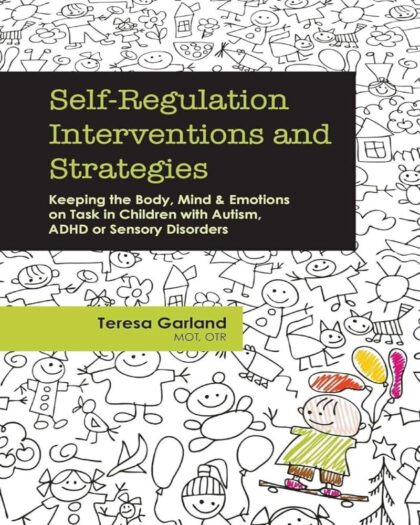
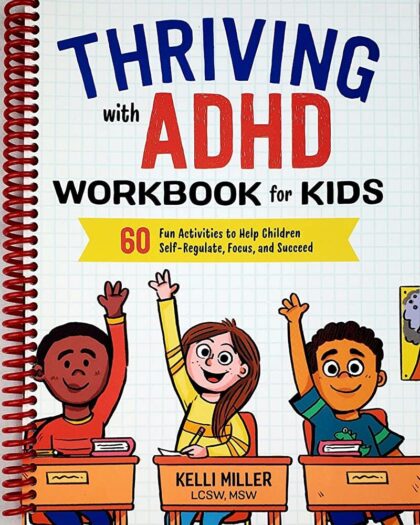

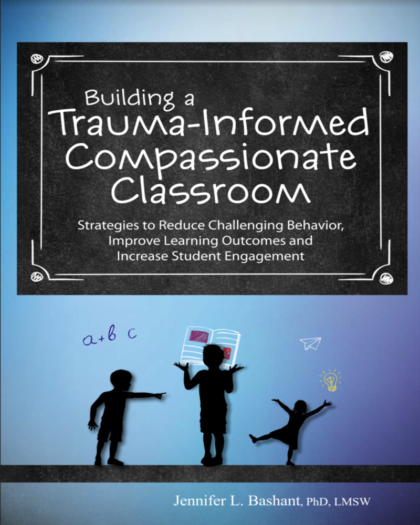
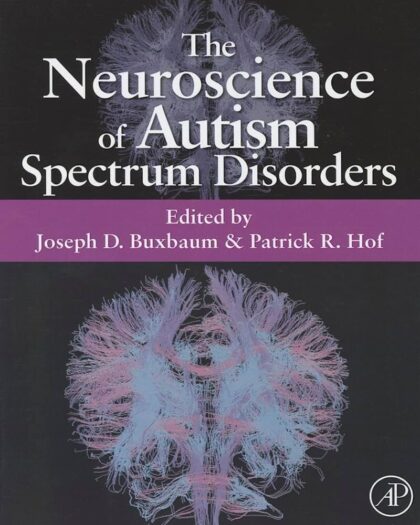
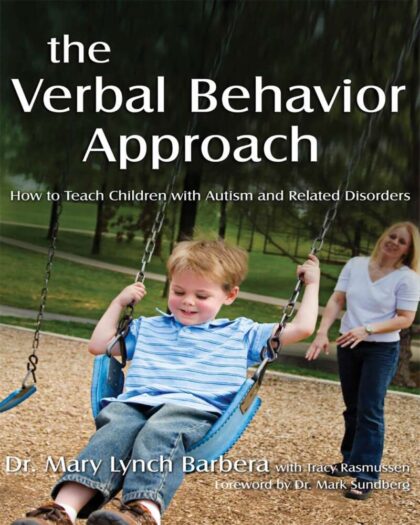
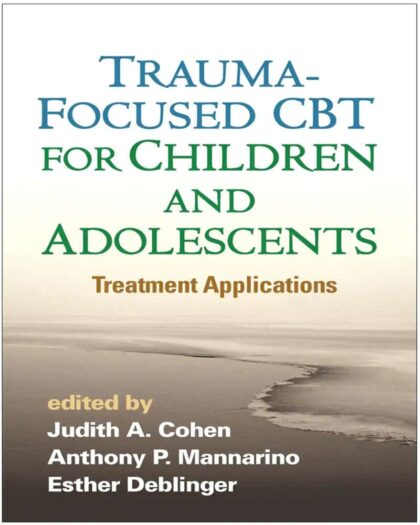
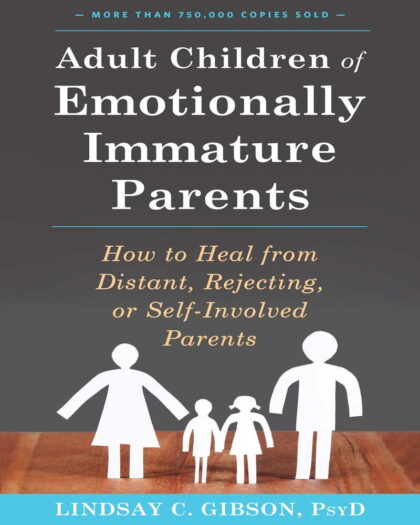
I found this book fascinating and very helpful. However, I still don’t understand why it is called “NeuroTribes.”
I was totally blown away by this book. It's impressively deeply reported, superbly written, and a revealing and illuminating work of journalism and historical scholarship. Silberman writes with a rare degree of compassion and empathy towards his subjects, and argues convincingly for a society more tolerant of people who think differently. Where his writing shone the most for me was in the gripping and humane profiles of characters and families. I particularly loved the opening profile of Henry Cavendish, "the wizard of clapham common", a character far more interesting than I'd ever realized. The profile of the Rosa family is also told with great compassion and affection, and was a real highlight of the book. Many parts of the book are quite chilling and can be very disturbing to read, as it chronicles many of the abuses heaped by society onto neurodivergent people. But it is eye-opening and important reading for the same reason, giving a clear sense of the urgency and of what is at stake. Silberman's writing is incredibly deeply researched and informed, yet he wears this knowledge lightly, and the book is never tedious -- I was engrossed throughout its 500 pages. The book also begins to lay out a roadmap for a more tolerant future, and covers the movements by autistic people and their allies towards building a society that values neurodiversity. I hope that many people read this book and grapple with its important message. It's one of those rare books that has the potential to change societal mindsets.